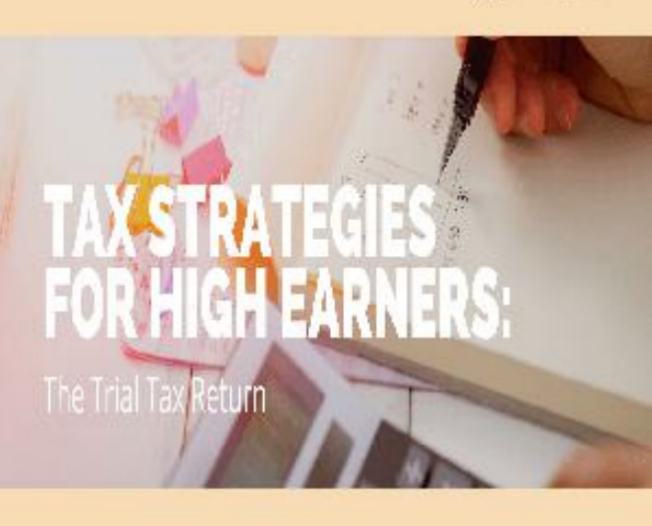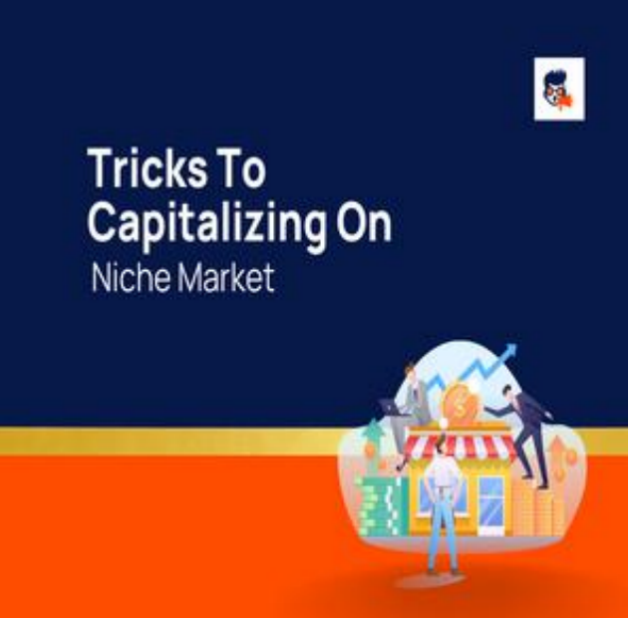For freelancers who earn a lot and have a strong buying ability, planning their taxes involves more than just lowering what they owe. It is a careful strategy aimed at protecting their wealth and boosting financial growth. In addition to standard deductions, there are creative methods available that can greatly improve tax efficiency, tailored to fit the distinct financial situations of self-employed individuals.

Leveraging International Tax Structures
Freelancers who earn a lot often work globally, creating chances for smart tax planning internationally. By having a business presence in areas with low taxes, like some Caribbean islands or small European countries with favorable tax laws, they can save a lot of money. For example, if freelancers create a holding company in a place that doesn’t tax capital gains, they can manage their worldwide income through this company, which can lower their total taxes. Nevertheless, it's important to understand the complicated rules of international tax agreements and regulations to stay compliant. Collaborating with tax experts who understand cross-border financial matters can assist freelancers in managing their finances in a legal and efficient way.
Structuring as a High-End Business Entity
High-earning freelancers might want to think about forming more advanced business structures instead of staying as sole proprietors. One option is a Limited Liability Company (LLC), which protects personal assets and offers flexible ways to handle taxes. Choosing to be taxed as an S Corporation can sometimes be beneficial because it helps freelancers keep their personal and business incomes separate, potentially lowering self-employment taxes. Furthermore, starting a multi-member LLC and including partners or investors can spread out business risks, while also creating chances for more intricate tax strategies like profit-sharing and tax-deductible contributions.
Capitalizing on Niche Tax Incentives
Several areas provide tax benefits tailored to particular sectors or activities that freelancers with high incomes often engage in. For instance, those working in creative arts, tech, or research might qualify for tax reductions linked to innovation, creating intellectual property, or promoting sustainable methods. Software developers who freelance can apply for research and development (R&D) tax credits when they create new algorithms or applications. By carefully exploring and utilizing these specific incentives, freelancers can meaningfully lessen their tax burdens while being acknowledged for their positive impact on the economy.

Optimizing Retirement Contributions
Freelancers who earn a lot have special chances to boost their retirement savings and benefit from tax advantages. Solo 401(k) plans, designed for self-employed people, enable higher contributions than traditional IRAs. As both an employee and an employer, freelancers can put away significant amounts of money each year. Moreover, Health Savings Accounts (HSAs) provide three types of tax benefits: contributions can be deducted from taxes, earnings grow without being taxed, and money taken out for eligible medical costs is tax-free. By wisely utilizing these savings and retirement options, freelancers can ensure a stable financial future while also lowering their tax bills.

Implementing Charitable Giving Strategies
For freelancers with high incomes who care about helping others, incorporating charitable donations into their tax strategy can be beneficial. By setting up a donor-advised fund, they can claim immediate tax deductions when they contribute and have the ability to distribute those funds to charities over time. Additionally, freelancers might think about donating appreciated assets like stocks or artworks rather than cash. This approach not only helps them avoid capital gains tax on the appreciation but also allows for a tax deduction based on the asset's fair market value. Giving to charity helps the community and also provides important tax benefits for wealthy individuals.
In summary, high-earning freelancers possess many smart tax planning options. They can effectively handle their tax responsibilities, protect their wealth, and meet their financial aspirations by utilizing international frameworks, refining their business structures, taking advantage of unique incentives, increasing retirement contributions, and using charitable giving strategies. With thoughtful planning and professional support, tax planning can serve as a valuable resource for high-income freelancers.



